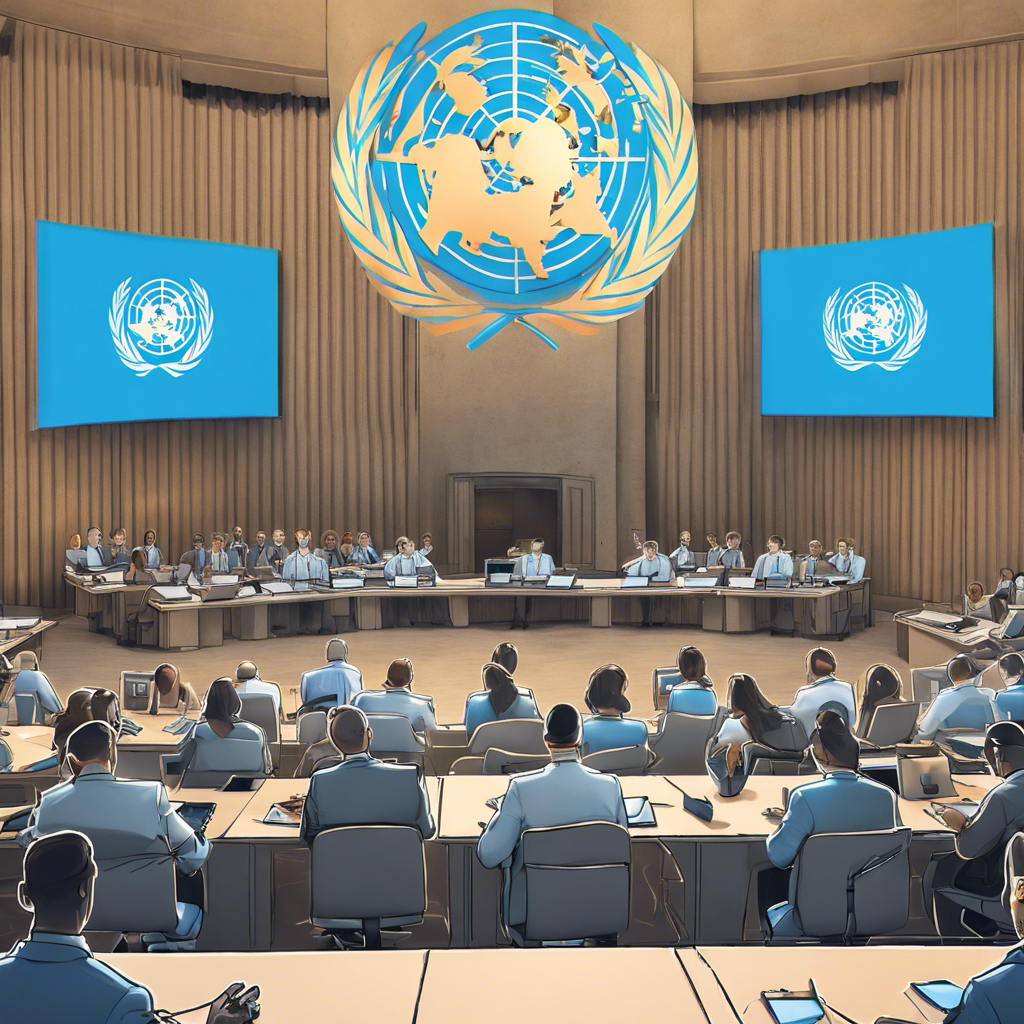United Nations Development Programme Partners with Algorand Foundation to Launch Blockchain Academy for Staff

The United Nations Development Programme (UNDP) is set to upskill its 22,000 staff members across 170 countries in blockchain technology through a partnership with the Algorand Foundation. The aim is to leverage blockchain’s potential for financial inclusion, supply chain transparency, asset tokenization, and digital identity applications to drive sustainable development.
The UNDP has announced a groundbreaking initiative to educate its global workforce about blockchain technology. Through a partnership with the Algorand Foundation, the UN agency plans to launch a blockchain academy in 2024. This academy will provide training to the UNDP’s 22,000 staff members, equipping them with the knowledge and skills needed to leverage blockchain for addressing complex global challenges. The curriculum will cover topics such as distributed ledger technology, financial inclusion, supply chain transparency, asset tokenization, and digital identity applications.
Empowering UN Practitioners Through Education
The UNDP’s collaboration with the Algorand Foundation aims to upskill, empower, and inspire UN practitioners worldwide. By providing comprehensive training on blockchain technology, the academy will enable staff members to harness its potential for sustainable development. Robert Pasicko, the UNDP’s expert for alternative finance and low-carbon development, emphasized that the partnership will equip the organization’s team with the necessary tools to tackle global challenges effectively.
A Comprehensive Curriculum for Global Impact
The curriculum of the blockchain academy will encompass lectures, workshops, and hands-on assignments. The goal is to equip UNDP staff members with practical knowledge and skills that can be applied to real-world scenarios. By focusing on topics such as financial inclusion, supply chain transparency, asset tokenization, and digital identity applications, the academy will enable UN practitioners to explore innovative solutions and drive positive change.
Blockchain’s Role in Sustainable Development
Doro Unger-Lee, head of education and inclusion at the Algorand Foundation, emphasized the critical role of education in identifying and implementing blockchain solutions that align with the UN’s Sustainable Development Goals. Blockchain technology has the potential to revolutionize sectors such as finance, agriculture, and healthcare, enabling more transparent and efficient systems. By providing education on blockchain, the UNDP aims to empower its staff members to leverage this technology for sustainable development initiatives worldwide.
Building on Previous Blockchain Initiatives
The UNDP’s partnership with the Algorand Foundation is not the organization’s first foray into blockchain technology. In 2018, the UNDP collaborated with the Blockchain Charity Foundation to explore the application of distributed ledger technology for social good. Additionally, UN Secretary-General António Guterres established a “High-Level Panel on Digital Cooperation” in the same year, with a specific focus on blockchain technology. These previous initiatives demonstrate the UN’s commitment to harnessing the potential of blockchain for global development.
Conclusion: The United Nations Development Programme’s partnership with the Algorand Foundation to launch a blockchain academy for its staff members marks a significant step towards leveraging technology for sustainable development. By providing comprehensive education on blockchain technology, the UNDP aims to equip its practitioners with the necessary skills to address complex global challenges. This initiative underscores the UN’s commitment to embracing innovative solutions and driving positive change through the power of blockchain. As the academy launches in 2024, it holds the potential to empower UN staff members across the globe and pave the way for a more inclusive and sustainable future.

